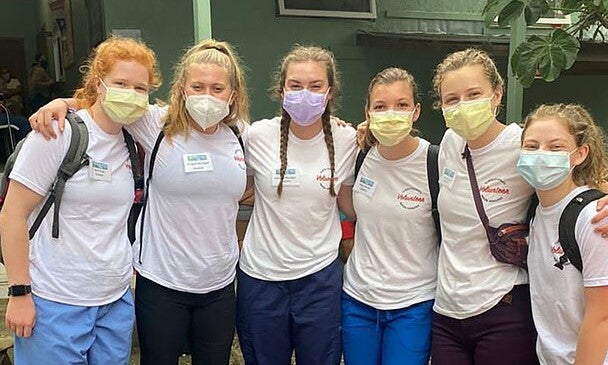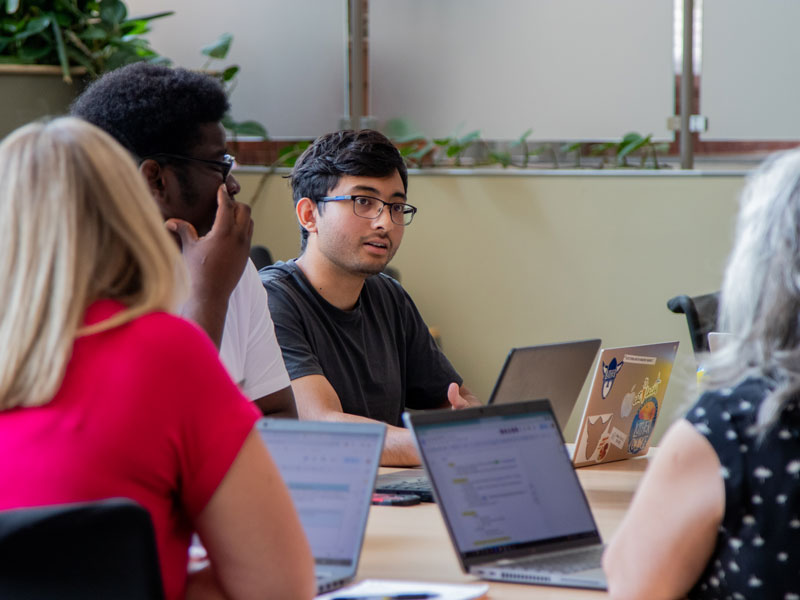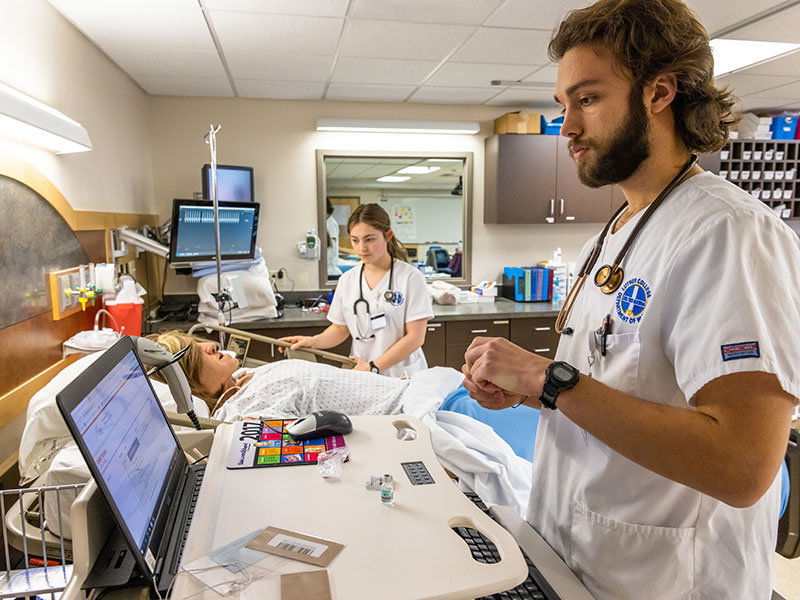Program Highlights
Field Experience
A required immersion course places students in settings where they can directly experience challenges associated with factors of wellness and healthcare delivery. Settings include public health research and community health outreach in Rochester, Minn.; the Washington, D.C., semester; and outside agencies like Child and Family Health International.
Comprehensive Curriculum
The global health major provides a strong grounding in the interconnected factors that contribute to disease and wellness. Your courses will explore many aspects of global health.
Global Opportunities
Luther’s robust study away program has established host sites around the world to provide opportunities for immersion experiences for global health majors. January Term courses in Honduras and Nepal, for example, have focused on global health.
What You’ll Learn
You will have a great variety of courses, because global health is an interdisciplinary field of study. The global health curriculum includes a common core and four areas of specialization: global health policy and systems; society, culture, and human health; the science of disease and wellness; and foundations of public health.
Common Core
As a global health major, you’ll take 32 credits in the common core. Besides an introduction to global health, you’ll take a field experience and biosocial approach to global health. You’ll also learn about medical anthropology; the principles of biology; the history of medicine; global health politics and policies; and statistics in either biology, sociology, or psychology.
Areas of specialization
You’ll also take at least 16 credits from one area of specialization:
- Science of disease and wellness
- Global health policy and systems
- Society, culture, and human health
- Foundations of public health
These areas will deepen your knowledge. Depending on your area, you’ll add coursework drawn from data science, economics, environmental studies, English, health and exercise science, identity studies, social work, or Spanish.
Foundations of Public Health
This track in the global health major will prepare you to be accepted to the Master of Public Health (MPH) program at the University of Iowa during your junior year at Luther. Luther and the University of Iowa have a 4+1 articulation agreement, which allows Luther students to shorten their time to earning an MPH.
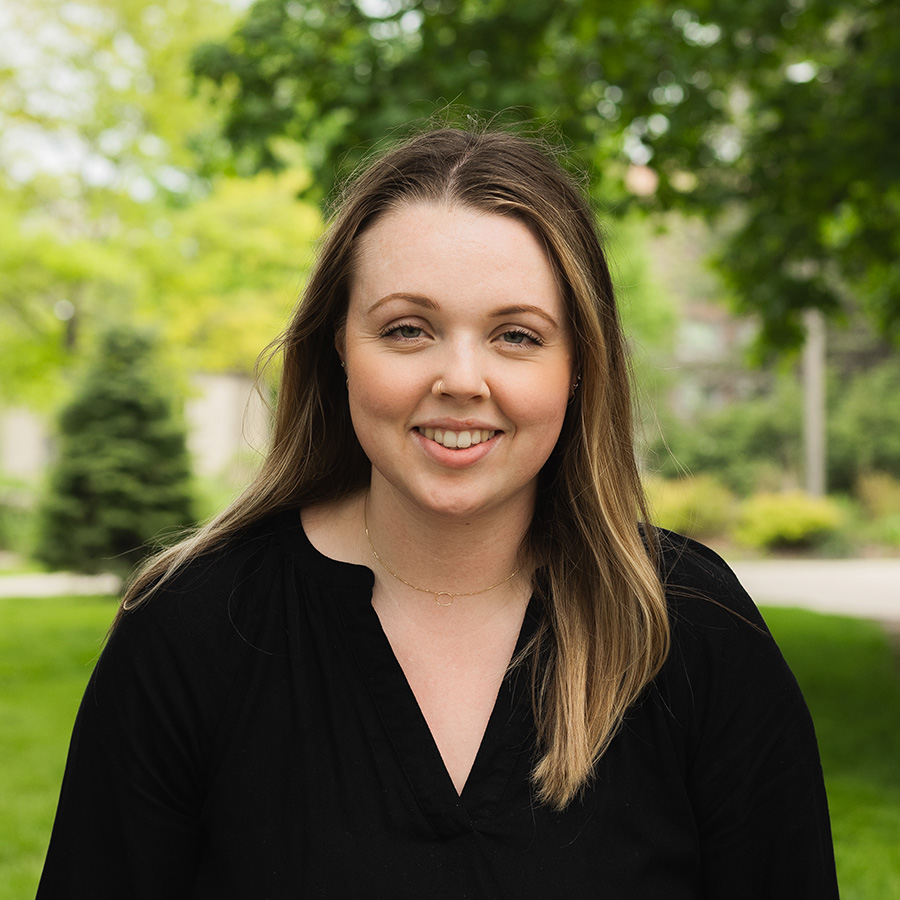
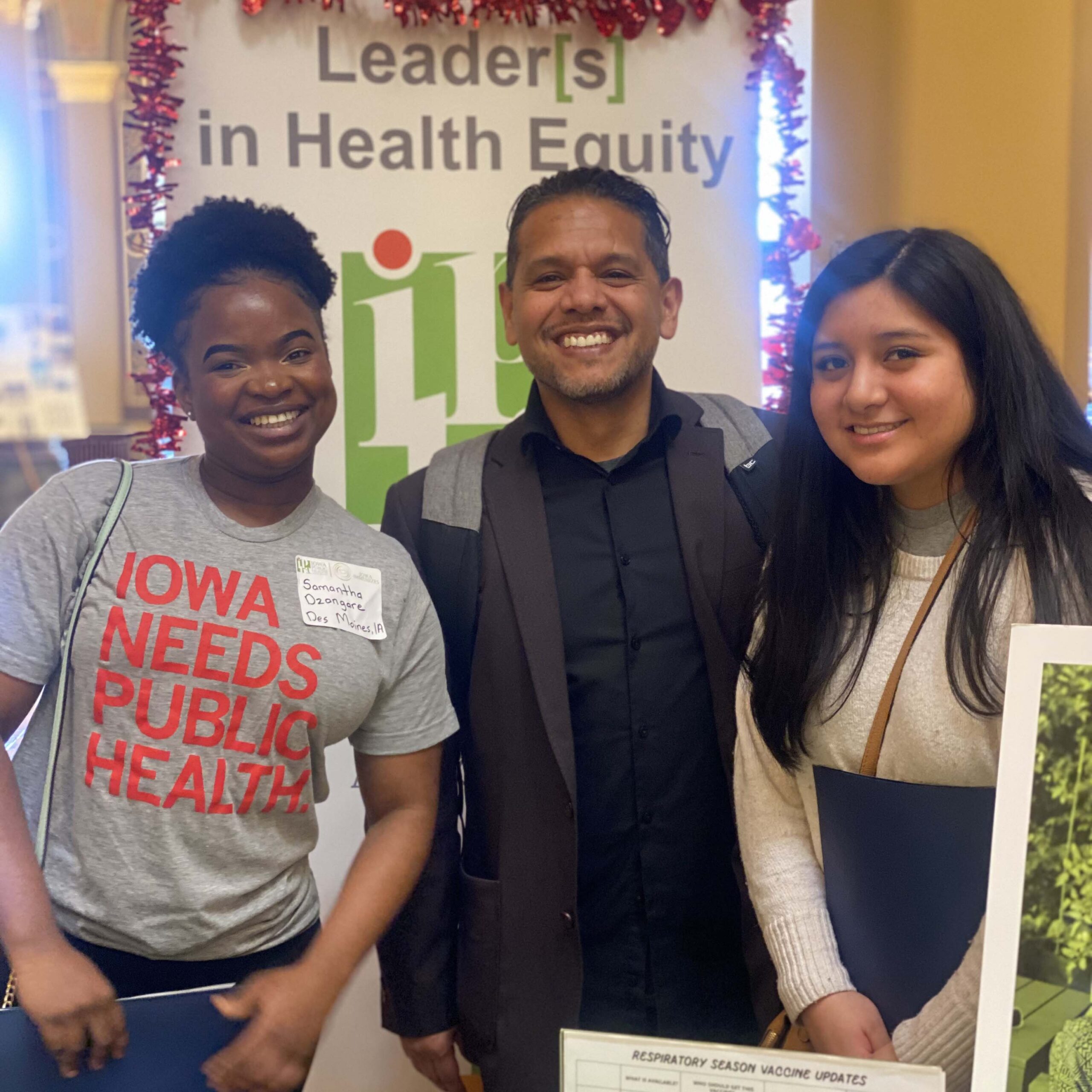
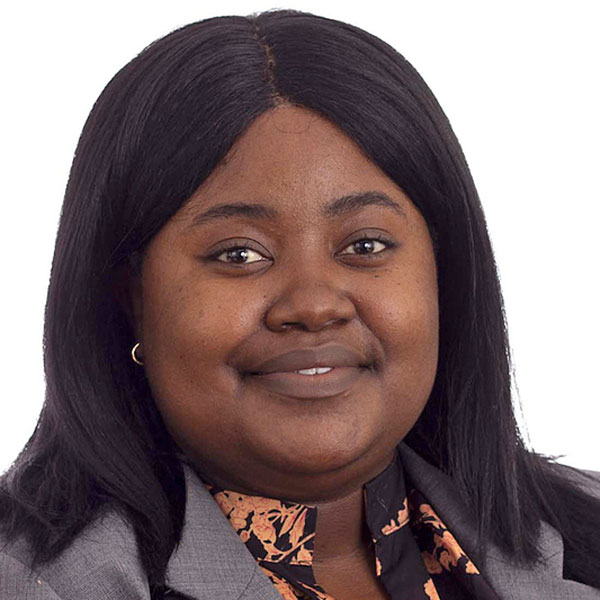

4+1 Bachelor's to Master's Degree in Public Health with University of Iowa
Luther College and the University of Iowa College of Public Health have partnered to create a 4+1 Bachelor’s to Master’s Degree Program in public health. Students who take advantage of this program will be able to earn a bachelor’s degree plus a master’s degree in public health in five years.
Careers and Outcomes
Luther global health graduates are well prepared to go into the workforce or to graduate studies in public health, global health, or another health-related field.
Sample Job Titles of Luther Graduates
- Community health worker
- Health data analyst
- Health program coordinator
- Policy analyst
- Public health grant coordinator
- Renal dialysis specialist
- Scientific research assistant
Sample Graduate Schools of Luther Graduates
- University of Iowa
- University of Michigan
- University of Minnesota
- University of Gothenburg (Sweden) Sahlgrenska Academy
